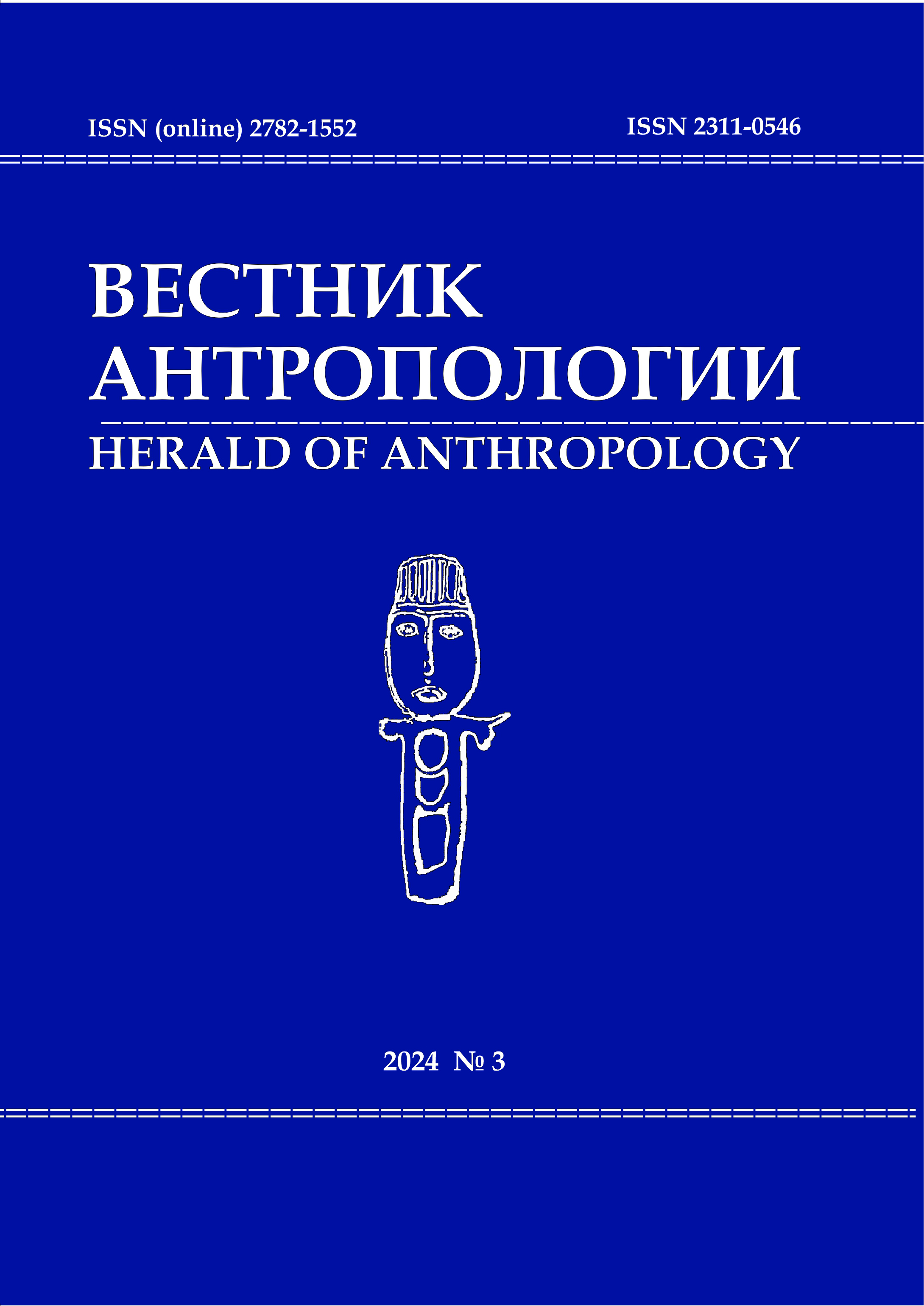Mentor and Mentoring: Meanings and Interpretations (The Case of the Cities of the Kola Peninsula)
DOI: 10.33876/2311-0546/2024-3/288-300
Keywords:
mentoring, anthropology, interpretation, meanings, ideology, cultural codeAbstract
Like other forms of cultural continuity, mentoring is associated with national traditions and socio-cultural stratification of society. Mentoring can be identified both as a phenomenon of national culture and as a way of transferring knowledge and experience in specific cases. Mentoring (“nastavnichestvo”) is conceptualized within a certain ideology and national cultural code. It can be reflected through various associations from cultural and historical to individual and biographical. Accordingly, the requirements imposed on the mentor by society and on the “mentees” vary. In the most general sense, “mentoring” is not an activity, but a cultural mission. Direct, indirect and metaphysical forms of mentoring can be distinguished. A field study conducted in 2023 identified variations in how mentoring is interpreted and the role that people assign to mentors in their lives. It showed that “mentoring” as a cultural concept and a set of social practices without clear boundaries not only determines the vectors, forms and quality of general cultural and professional continuity, but, above all, creates a specific dynamic network of relationships between an individual and “significant others”. They can be permanent guides along the path of life or temporary assistants at certain stages of self-determination and entry into the profession, as well as in difficult situations. The types of mentoring relationships and the mentors themselves are formed according to semantic differences. Mentoring is a set of socio-cultural roles performed in relation to an individual and by an individual at different stages of life.





















